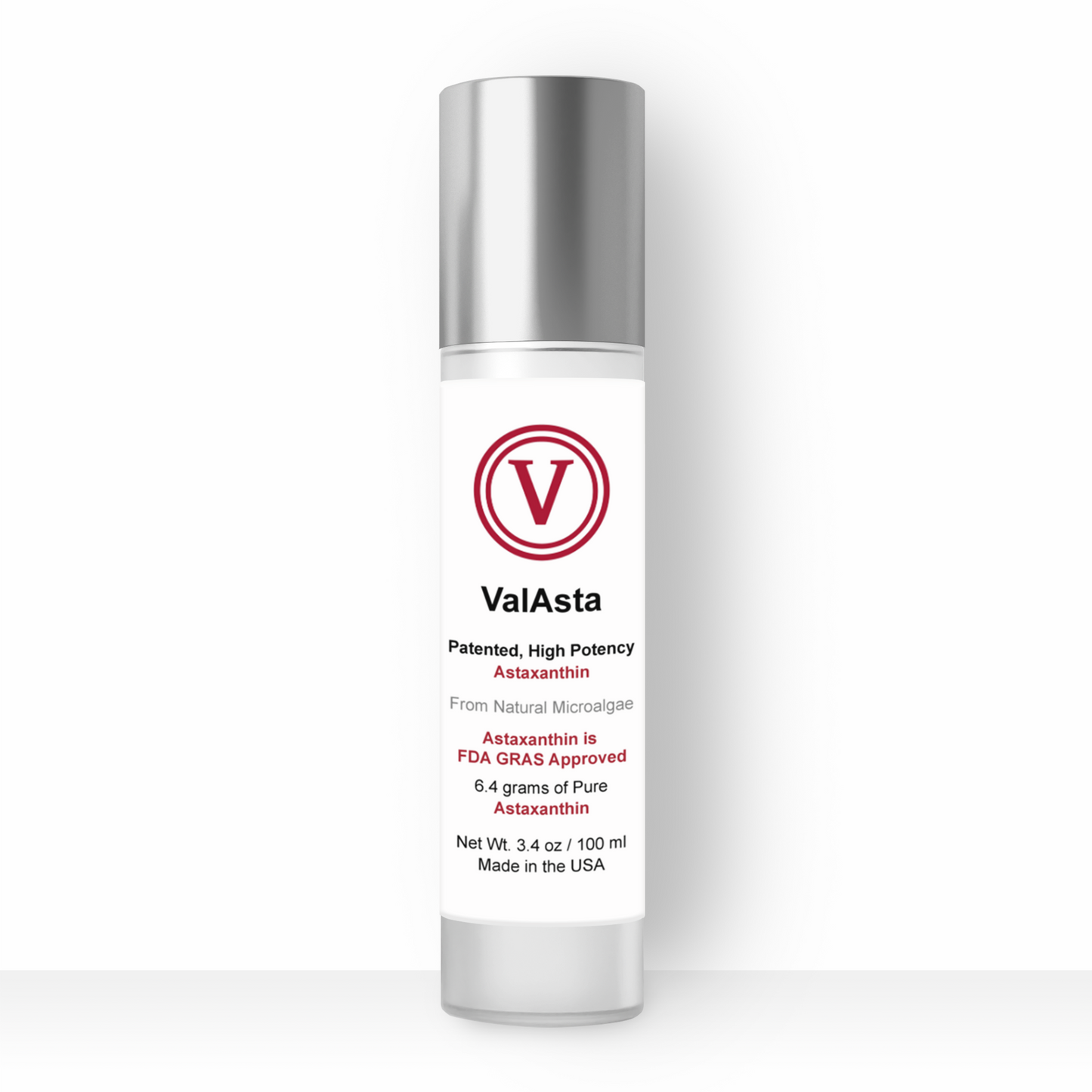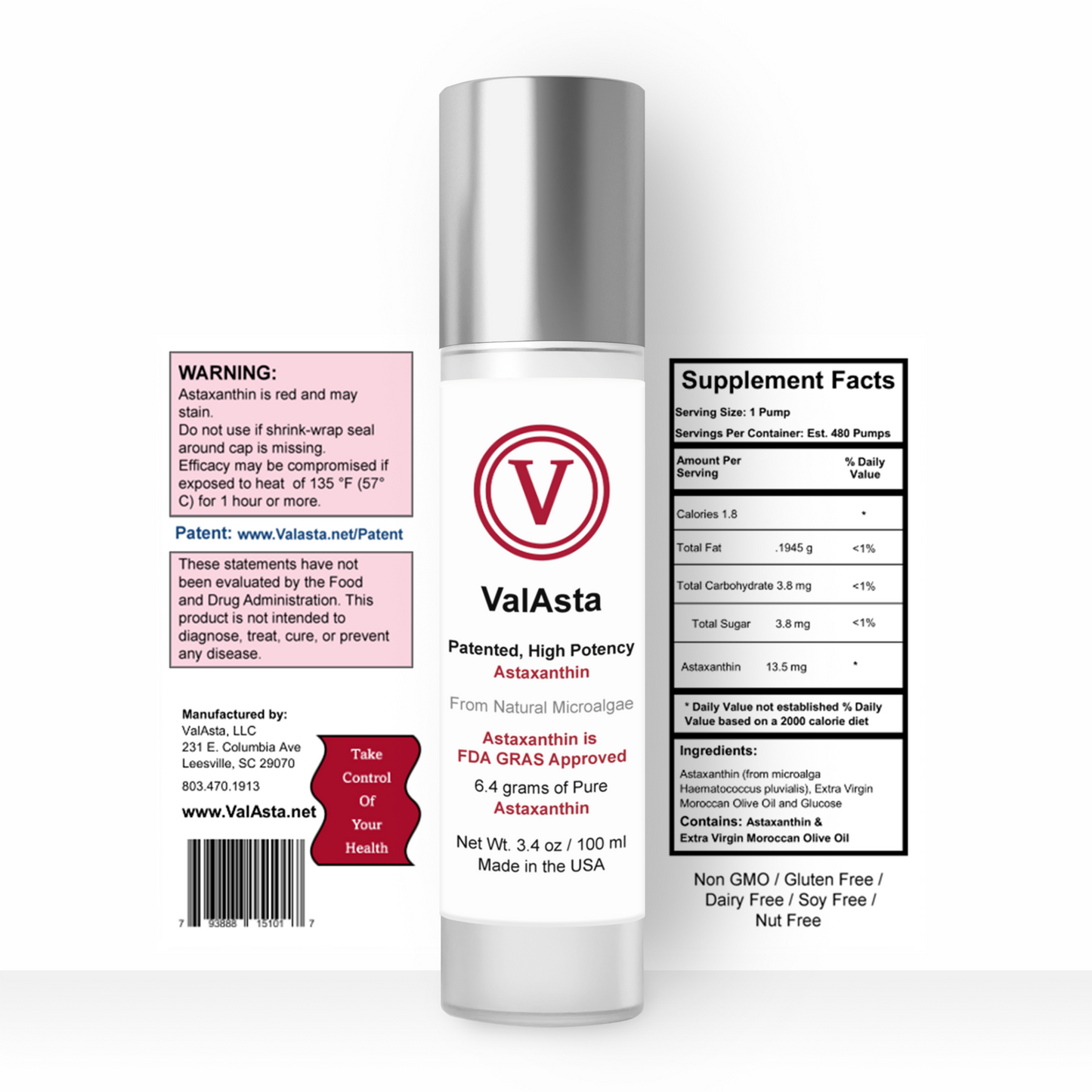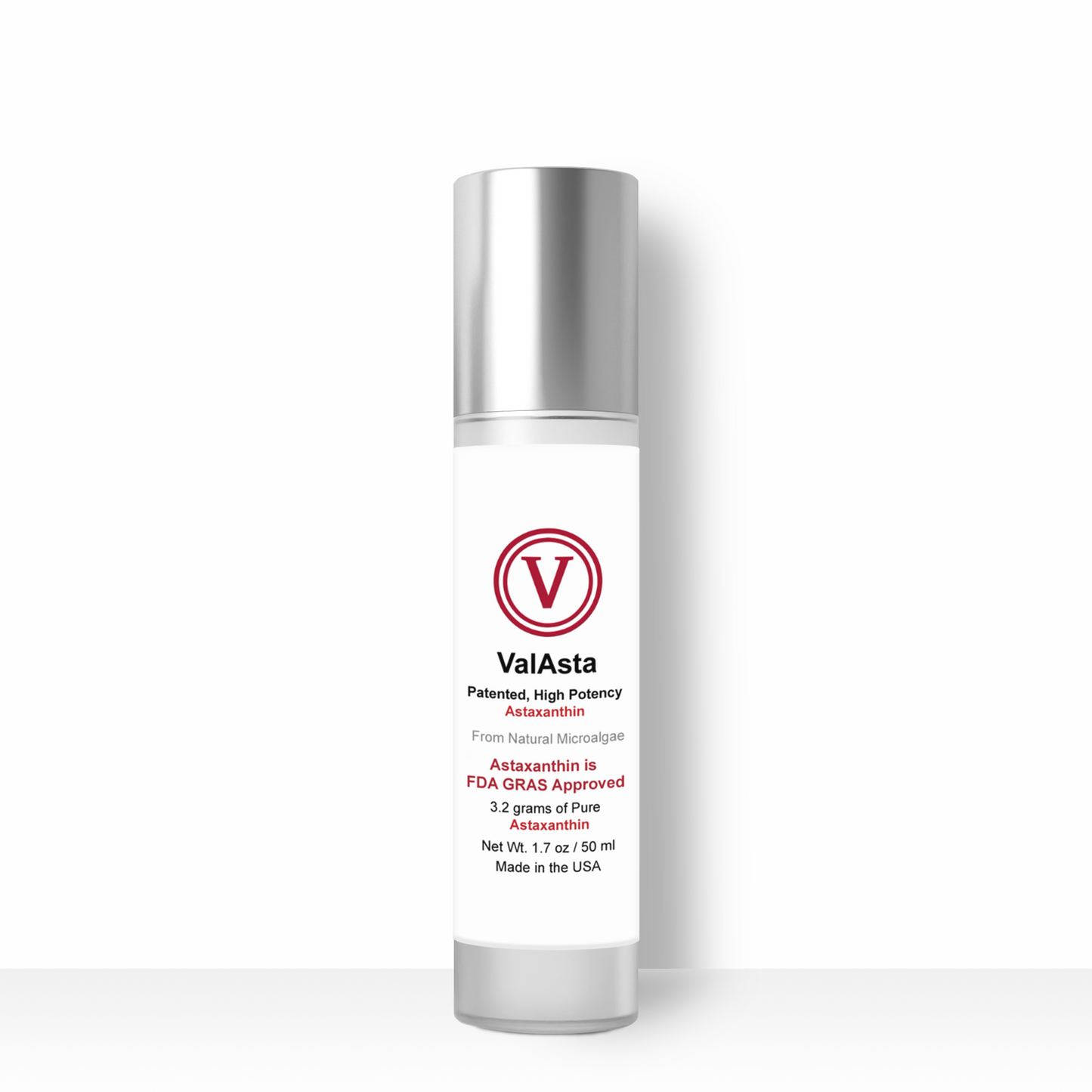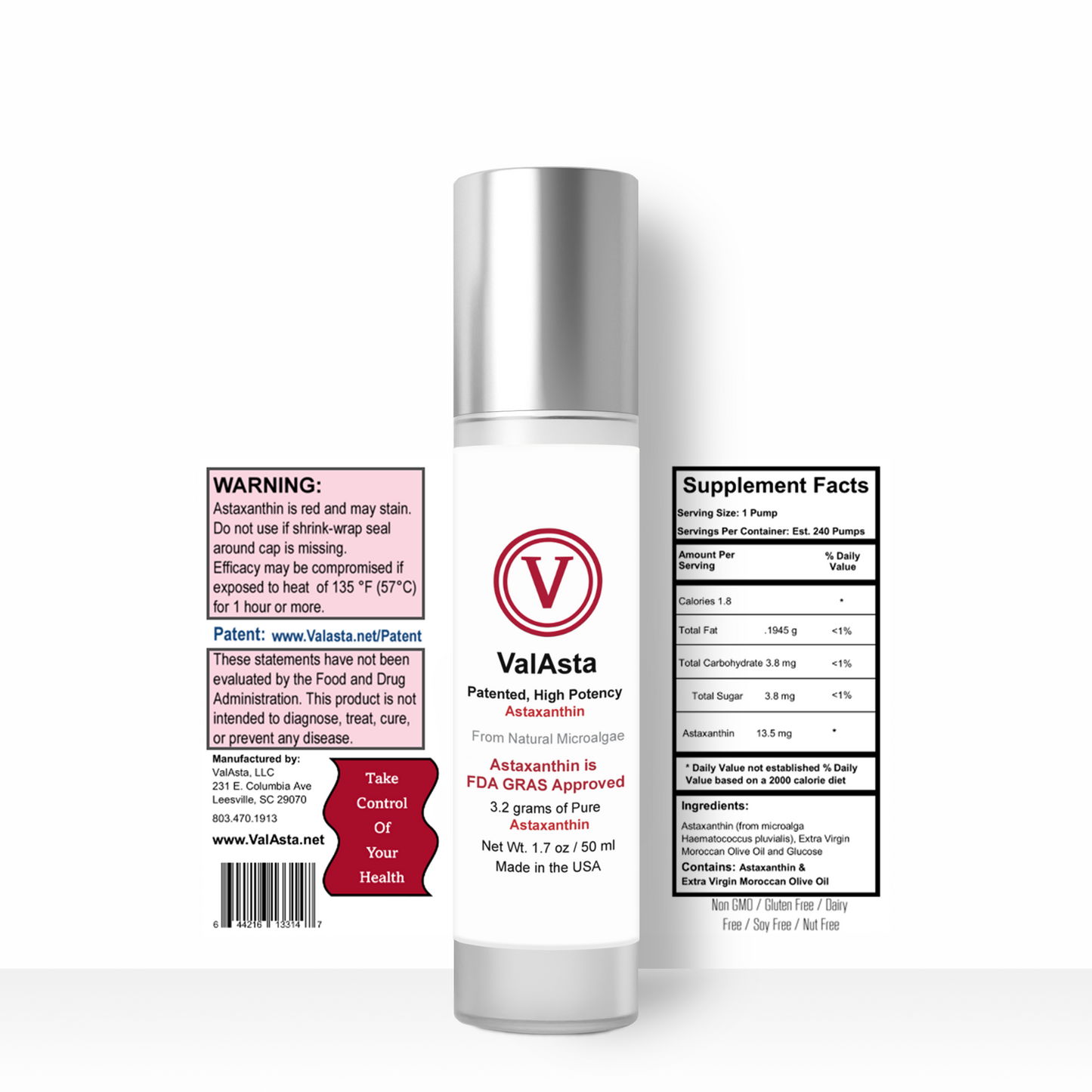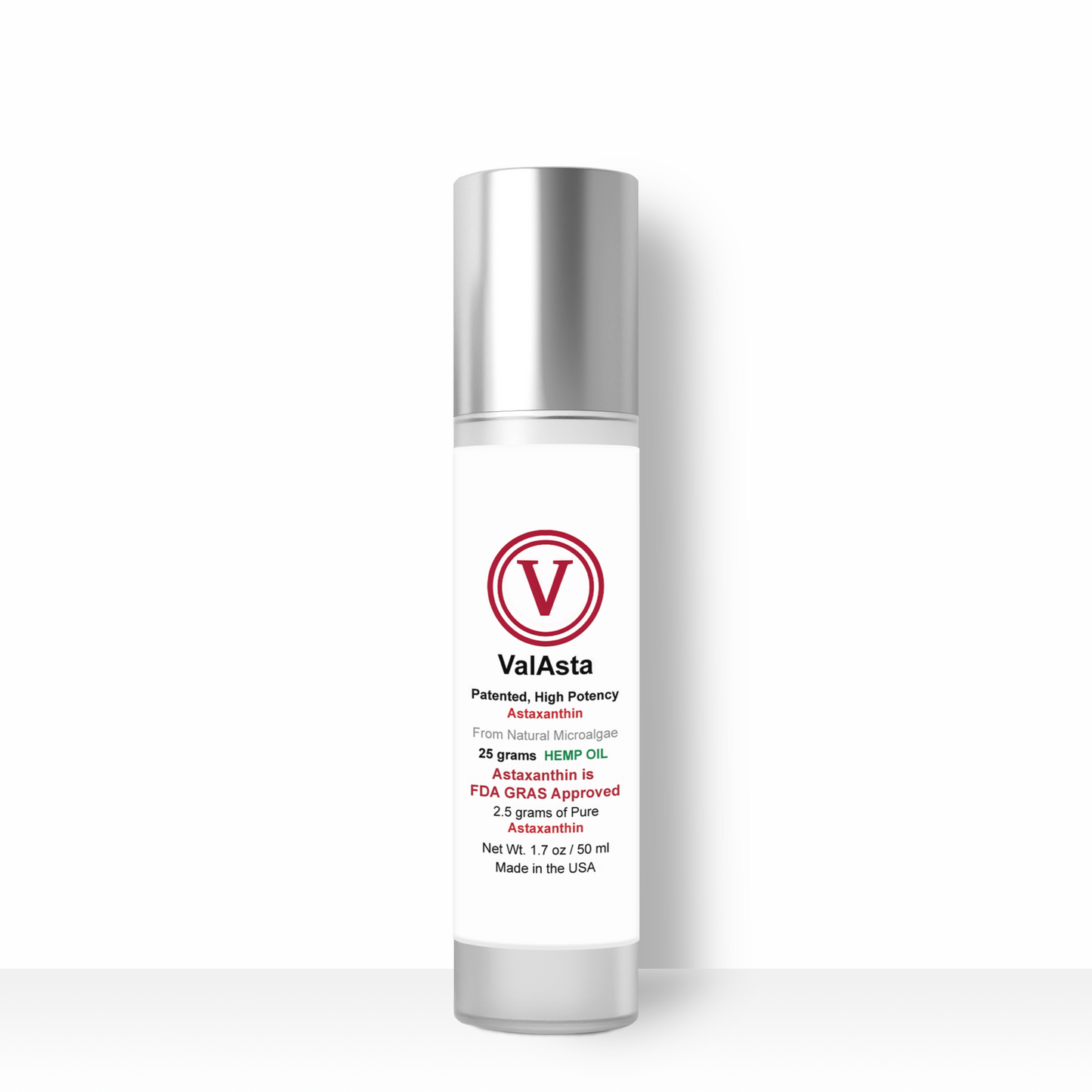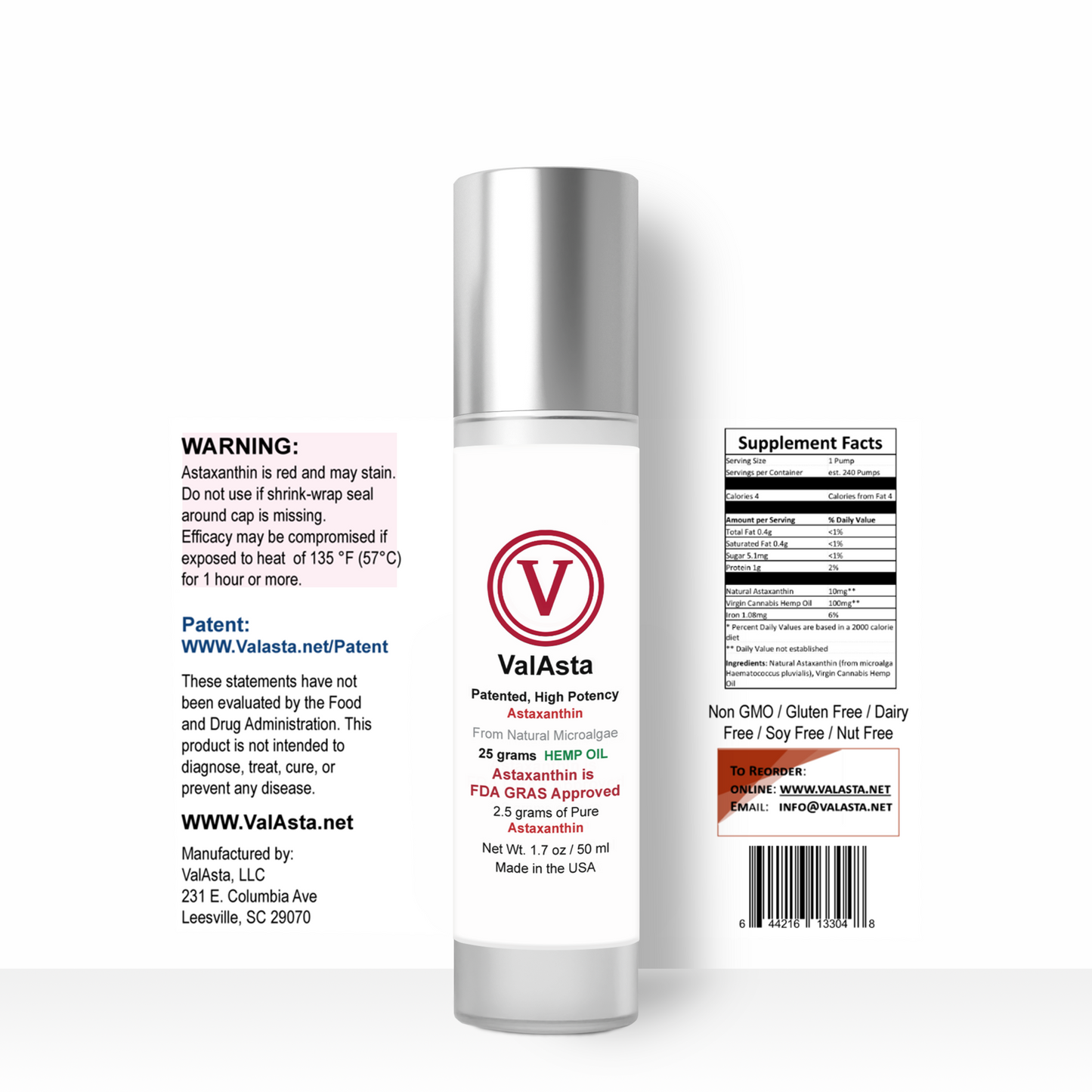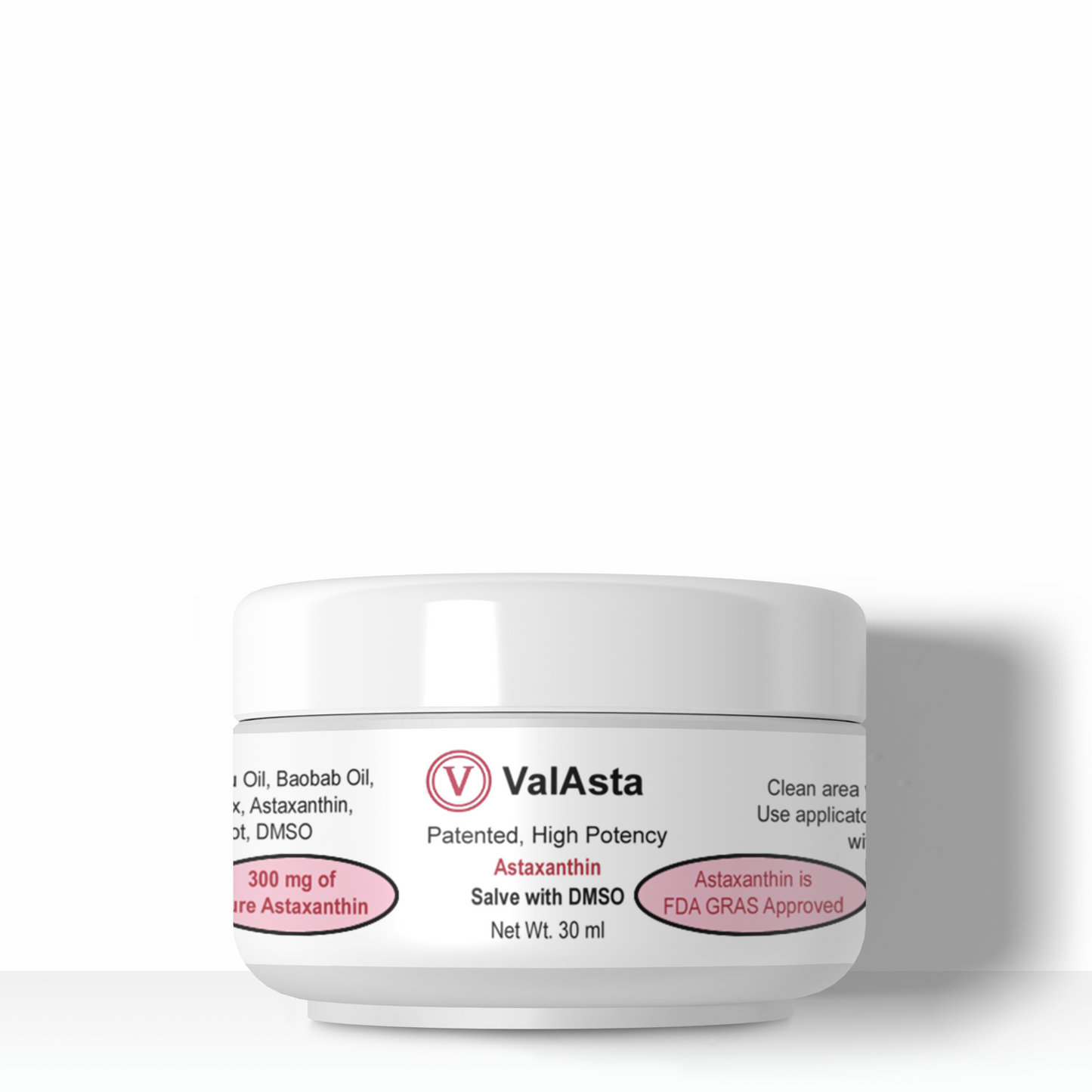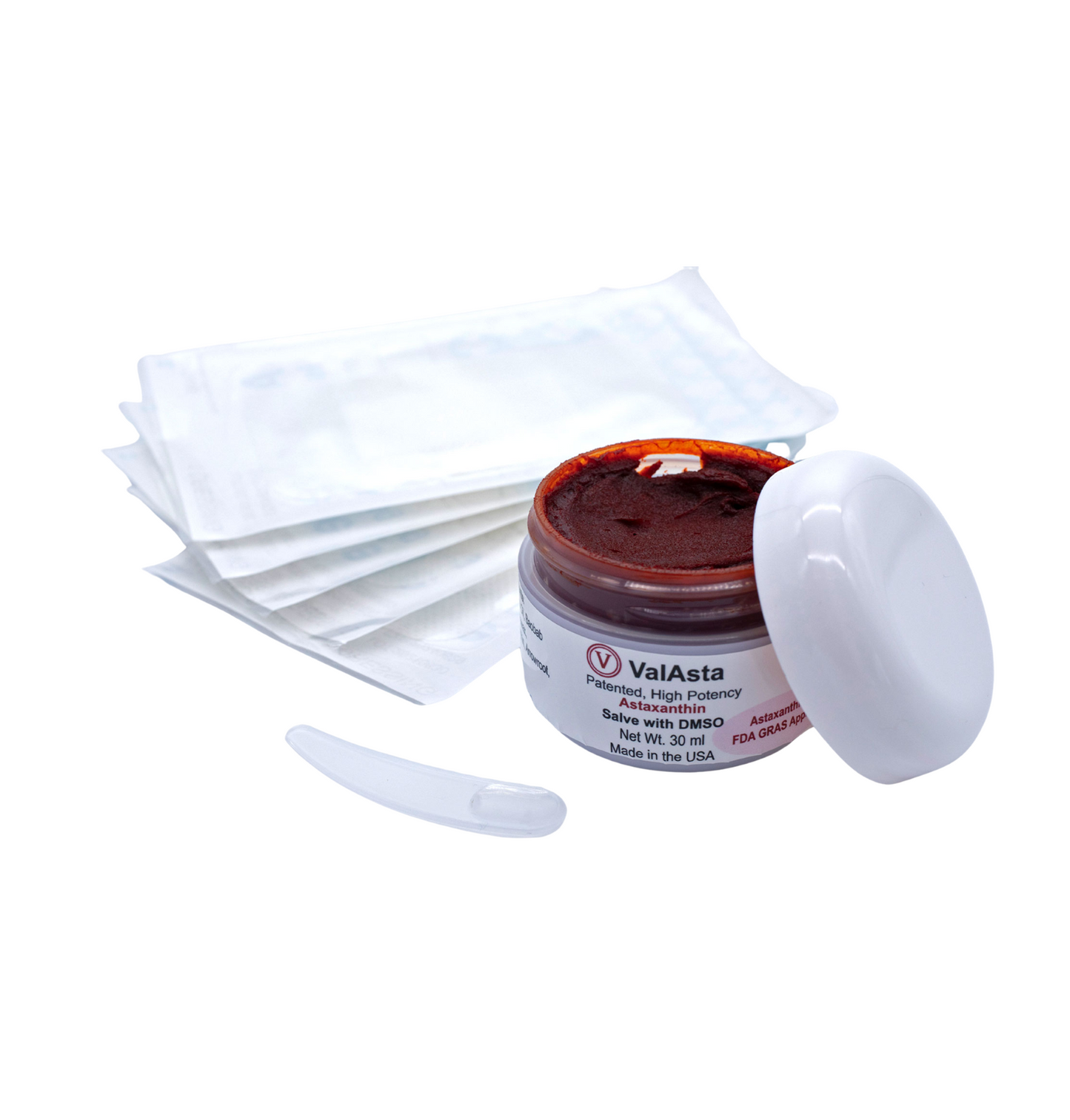
Astaxanthin is a carotenoid with potent antioxidant and anti-inflammatory activity. To evaluate the anti-inflammatory effect of astaxanthin on skin deterioration, we confirmed its role in epidermal-dermal interactions in vitro. Astaxanthin treatment suppressed ultraviolet B (UVB)-induced inflammatory cytokine secretion in keratinocytes, and matrix metalloproteinase-1 secretion by fibroblasts cultured in UVB-irradiated keratinocyte medium. To verify these findings, we conducted a 16-week clinical study with 65 healthy female participants. Participants were orally administered either a 6 mg or 12 mg dose of astaxanthin or a placebo. Wrinkle parameters and skin moisture content significantly worsened in the placebo group after 16 weeks. However, significant changes did not occur in the astaxanthin groups. Interleukin-1α levels in the stratum corneum significantly increased in the placebo and low-dose groups but not in the high-dose group between weeks 0 and 16. This study was performed in Japan from August to December, when changing environmental factors, such as UV and dryness, exacerbate skin deterioration. In conclusion, our study suggests that long-term prophylactic astaxanthin supplementation may inhibit age-related skin deterioration and maintain skin conditions associated with environmentally induced damage via its anti-inflammatory effect.
The Protective Role of Astaxanthin for UV-Induced Skin Deterioration in Healthy People

